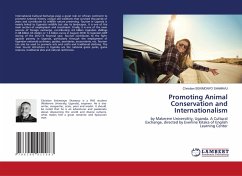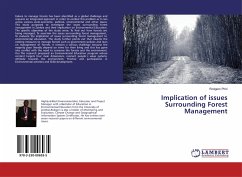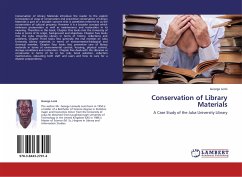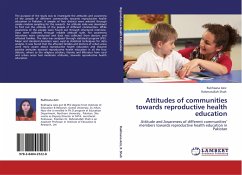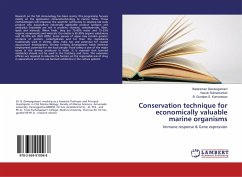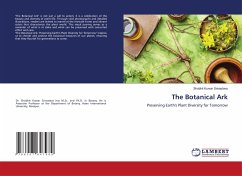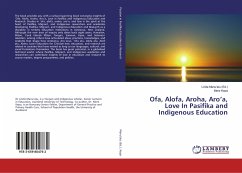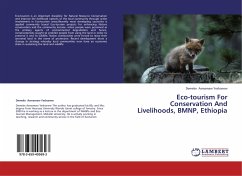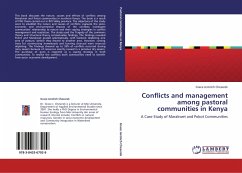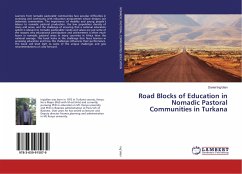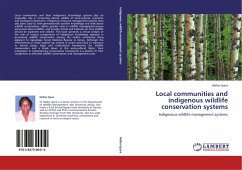
Local communities and indigenous wildlife conservation systems
Indigenous wildlife management systems
Versandkostenfrei!
Versandfertig in 6-10 Tagen
52,99 €
inkl. MwSt.

PAYBACK Punkte
26 °P sammeln!
Local communities and their indigenous knowledge systems play an invaluable role in conserving diverse wildlife of socio-cultural, economic and ecological importance. Indigenous resource management systems have also been used to inter-generationally transfer knowledge and skills about wildlife conservation, define gender roles in wildlife management,arouse awareness about wildlife, and provide checks and balances on how wildlife should be exploited and utilized. This book presents a critical analysis of the role of various components of indigenous knowledge seystems in promoting wildlife conse...
Local communities and their indigenous knowledge systems play an invaluable role in conserving diverse wildlife of socio-cultural, economic and ecological importance. Indigenous resource management systems have also been used to inter-generationally transfer knowledge and skills about wildlife conservation, define gender roles in wildlife management,arouse awareness about wildlife, and provide checks and balances on how wildlife should be exploited and utilized. This book presents a critical analysis of the role of various components of indigenous knowledge seystems in promoting wildlife conservation among the Isukha community living adjacent to Kakamega Forest National Reserve in Kenya. Although the effectiveness of these systems has waned in recent years due to exposure to formal policy, legal and institutional frameworks for wildlife conservation and a break down in the socio-cultural fabric, their integration in contemporary conservation frameworks is a pointer to their recognition as effective wildlife conservation and management tools.



